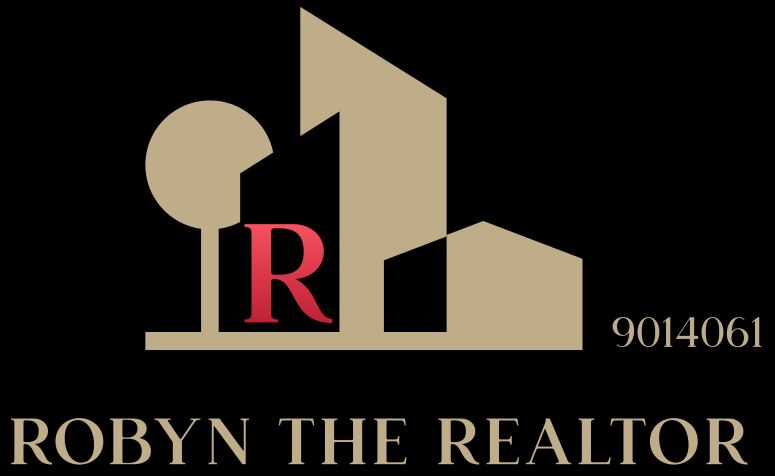There are many reasons you may wish to rent out your property. For example, you may have inherited a house but have no plans to live in it. Perhaps you’re moving into a larger home, but wish to rent your current house for supplemental, passive income. On the other hand, you may have invested in a great rental property but feel unsure where to begin in finding and maintaining great tenants. For many, renting out their house can be a great way to earn extra income.
Whatever your reasons, knowing how to rent your house before jumping in headfirst is essential. From preparing your home for renters, to familiarizing yourself with rental laws, there’s much to learn before transitioning from homeowner to landlord.
Here’s a complete guide to renting out your house, including tips to maximize rental income while minimizing the work you’ll have to do.
Why Renting Your House is a Smart Financial Investment
If you’re reading this article, you’re probably already familiar with the main benefits of renting your property. You’ll unlock a steady stream of passive income and help you build property equity over time. Additionally, renting allows you to retain ownership of the property and potentially benefit from any appreciation in its value.
Factors to Consider Before Renting Out Your House
Before taking on the responsibility of becoming a landlord, there are some important factors to weigh to guarantee a successful and rewarding experience. Here are a few things you may want to consider when beginning this journey:
Financial Readiness
One of the primary considerations is your financial preparedness. Evaluate your current financial situation, taking into account existing mortgage commitments and other financial obligations. Calculate the potential rental income your property could generate and compare it against anticipated expenses and expected property taxes.
Make sure that you have a clear understanding of your budget, factoring in maintenance costs, repairs, property management fees if applicable, and any unforeseen expenditures.
Market Demand
Consider local rental market dynamics before deciding to rent out your house. It’s wise to research the demand and supply of rental properties in your area, taking note of prevailing rental rates and market trends while compiling an analysis of your competitors.
It’s important to understand the demographics of potential tenants and any seasonal variations in demand. Aligning your approach with the local rental market ensures that you strategically set competitive rental prices, tailor your property to appeal to the target demographic, and make informed decisions for a successful and lucrative landlord experience.
Time and Effort
Becoming a landlord requires a significant investment of time and effort. Consider the level of commitment you can dedicate to property management. Landlords are responsible for addressing tenant concerns, handling maintenance issues, and staying on top of legal and regulatory requirements.
Assess your availability and willingness to be actively involved in managing the property or whether you prefer to enlist professional property management services to alleviate some of the responsibilities.
Don’t Go It Alone When Learning How to Rent Your House
Any way you slice it, renting your house takes a lot of time, learning, and patience. This guide will make sure you know what each step entails to help you avoid costly trial and error along the way.
To make renting your property less of a headache and ensure you’re getting the most value possible while avoiding costly mistakes, we recommend partnering with a property manager for a few or all of the steps below. Here are a few ways they can help:
How Property Managers Can Help First-Time Landlords

- They keep you aware of and compliant with all relevant laws
- They help you set your price and market your property
- They find and screen applicants to find the right tenants
- They draft and management leasing paperwork
- They manage maintenance and repair need for your property
- They handle communication with tenants and vendors
- They discover new ways you can generate passive income
We’ll share more on how property management companies work in a later section. For now, let’s jump into the steps to rent your house.
